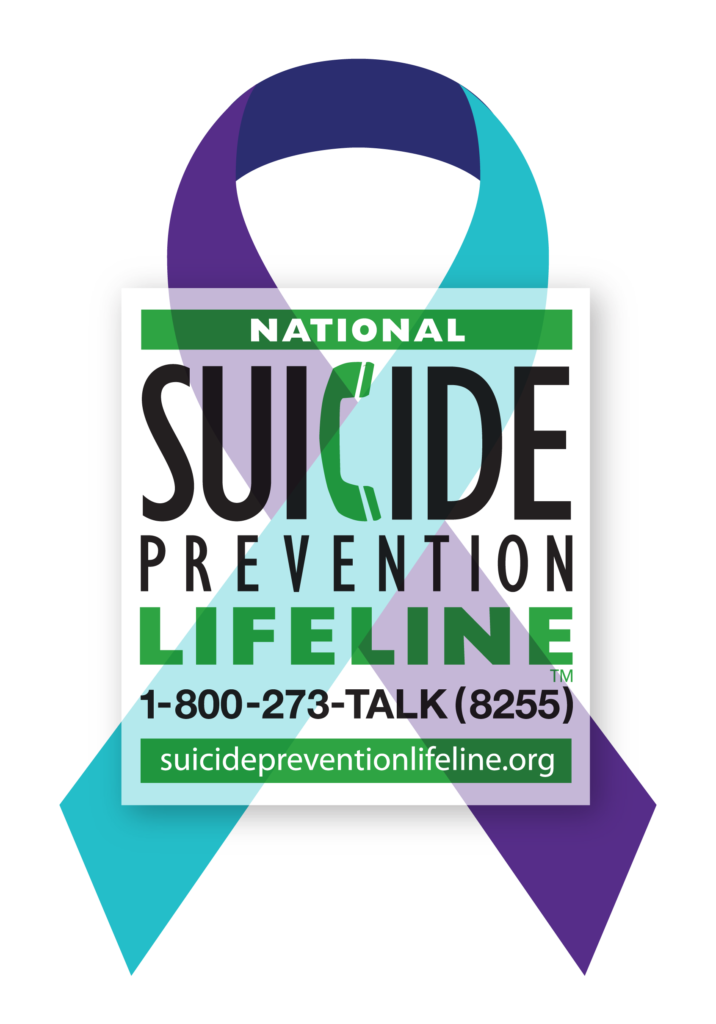Photo by Ayyub Yahaya from Pexels
Every September, the National Alliance on Mental Illness (NAMI) commemorates national Suicide Prevention Awareness Month. As the pandemic and the isolation it has created for so many people continues to disrupt normal day-to-day life, it’s especially important to discuss this vital topic.
Suicide Prevention Awareness Month 2021
Suicide affects Americans of all ages, ethnic backgrounds, and genders. When I was in New York City in July, a 14-year-old died by suicide at Hudson Yards. (This is the fourth suicide at the tourist attraction since it opened back in 2019, prompting a call for higher barriers to prevent tragedies such as this.) And even though suicides declined overall in 2020, rates of suicide for people of color may have risen during coronavirus. Additionally, women are more likely than men attempt suicide, but men are almost four times more likely to die by their own hands.
As a practicing clinician, I see first-hand the relationship between eating disorders and suicide. Studies show that one in five people with anorexia attempt suicide with some studies finding that as many of 60% of people diagnosed with eating disorders struggle with suicidal thoughts. What’s more, the suicide rate for people suffering from eating disorders is higher than average when compared to other mental health disorders including depression and schizophrenia.
Numbers like these make it evident why focusing on suicide prevention is so important. September is a time to remember those we’ve lost, to support those left behind, and to help people struggling now find hope for a better future. One of the best ways to do that is to raise awareness about suicide and to learn the signs that someone you love might need help.
Suicide Warning Signs
Impulsive behavior, big mood swings, withdrawal from social and family activities, more alcohol or drug use, and aggressive behavior are all warning signs of suicide risk. A person with a family history of suicide, a history of substance abuse (including alcohol), a recent tragedy, access to weapons, or a serious illness may also be predisposed for risk of suicide.

Suicide Crisis Resources
If someone you know shows signs of suicidal behavior (including but not limited to collecting pills or buying a firearm, tying up loose ends, saying goodbye, or giving away their possessions), call 911 or seek immediate help from a professional.
The National Suicide Hotline also offers 24-hour service for anyone experiencing difficult or suicidal thoughts: 1-800-273 TALK (8255).
You can also text with a free, trained crisis counselor on the Crisis Text Line. Text NAMI to 741-741 to be connected.
Beyond that, we can all reach out to our friends and family — and even strangers! — to see how they are feeling. This connection does wonders for you and those you love. Together we can build a brighter tomorrow.


